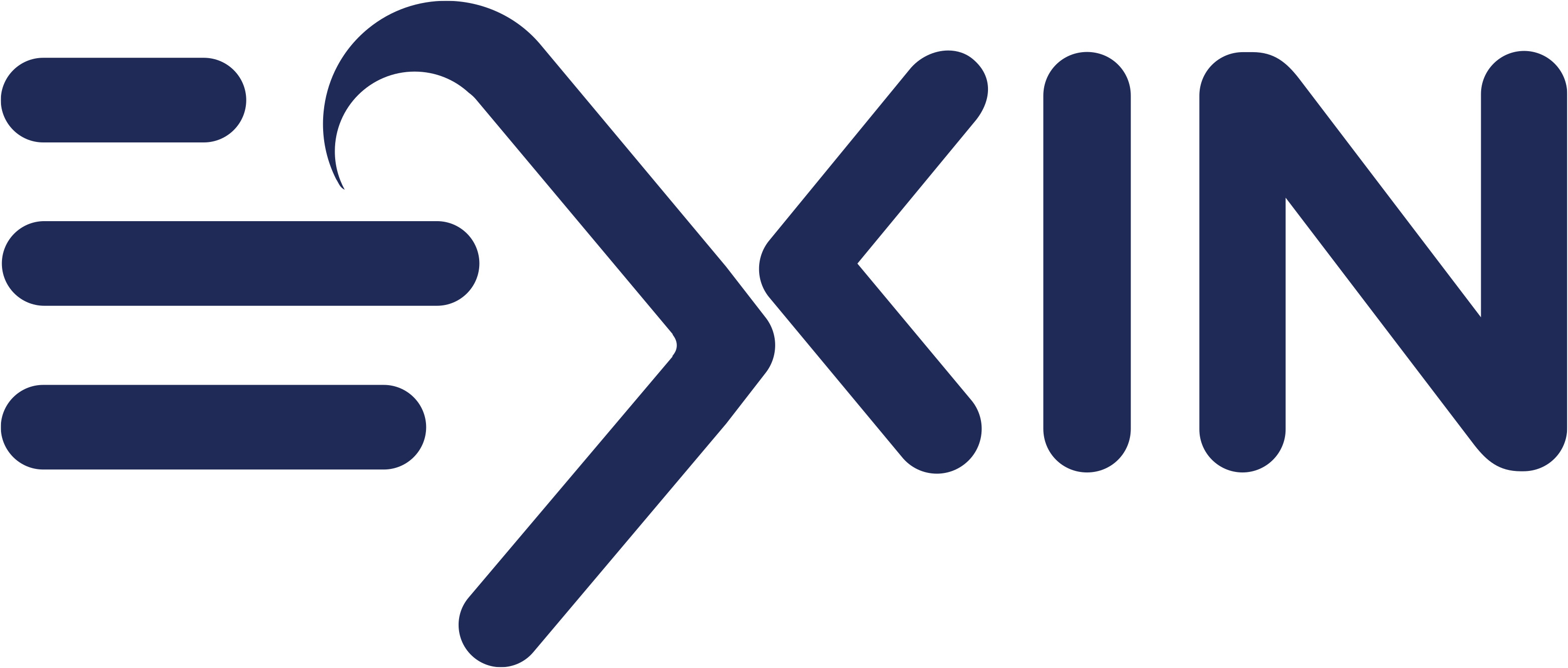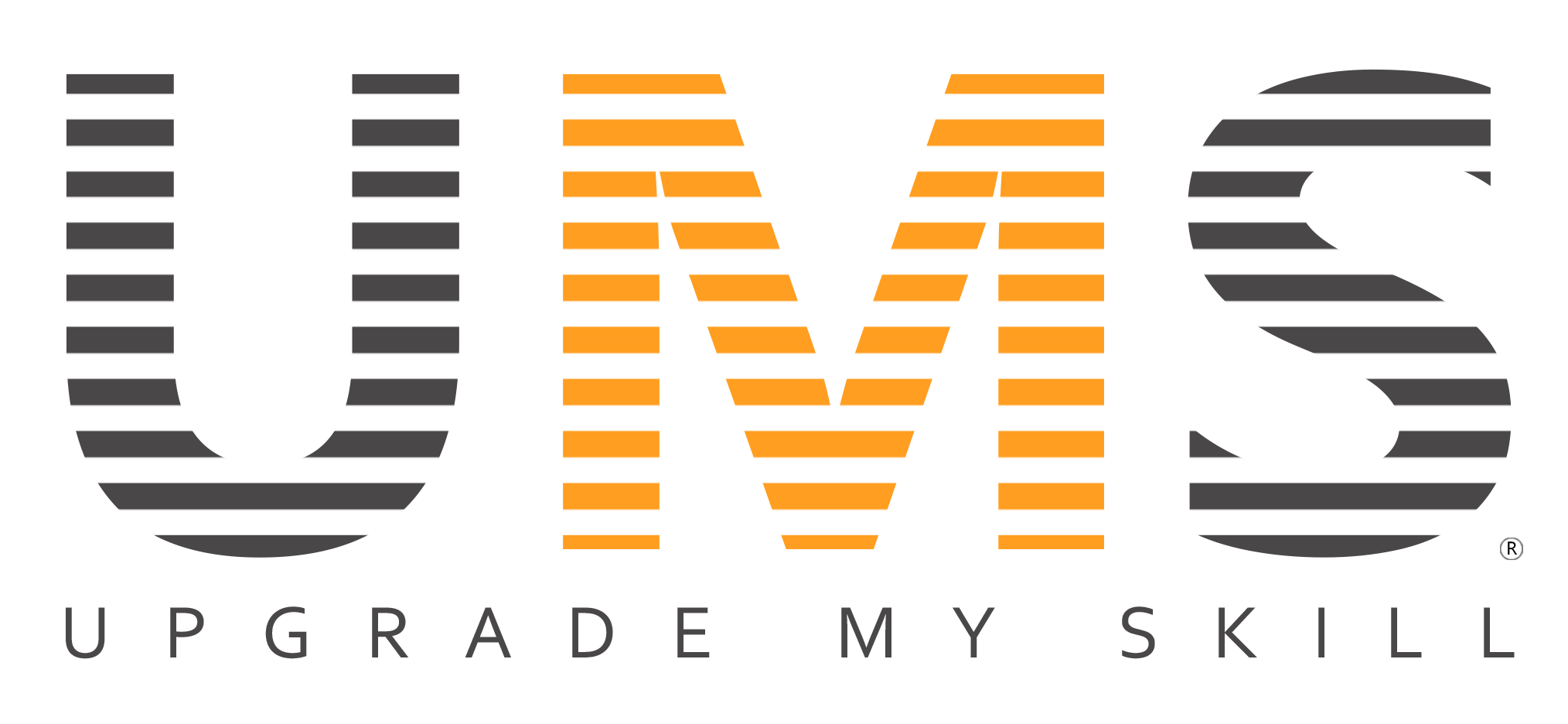Training Delivery Modes:
DevOps Master Training and Certification in Seattle, United States
Enroll for DevOps Master Certification training course from Upgrade MY Skill in Seattle, United States and get benefited with this advanced level training on principles, methods and practices for communication, collaboration and integration between software development (application/software engineering) and IT operations (systems administration/ infrastructure) professionals. This framework has developed in response to the emerging understanding of the interdependence and importance of both the development and operations disciplines in meeting an organization's goal of rapidly producing software products and services.
Upgrade My Skill’s DevOps Master Training Certification Course in Seattle is ideal for application, service developers and product owners. This is the most suitable course if you are looking forward for a comprehensive understanding on continuous integration, continuous deployment and continuous feedback.
This DevOps Master Training Course in Seattle imparts you the knowledge on Configuration Management, Continuous Integration and Continuous Deployment, Continuous Delivery, Continuous Monitoring using DevOps tools such as Git, Docker, Chef, Jenkins, Puppet, and Nagios in a practical, hands-on, and interactive approach and you will enhance your understanding of the fundamentals of Agile and Scrum methodologies. You will also gain knowledge of the two major cloud platforms providers— Amazon Web Services (AWS) and Microsoft Azure. With Upgrade My Skill training organization you can now attend ITIL Foundation training through either classroom or live online virtual modes on weekdays or weekends as per your preferences.
You can Download Brochure here!
Accredited By

All Upcoming Schedule of DevOps Master Training and Certification in Seattle, United States
- 26
- Apr
- Sat
- 27
- Apr
- Sun
USD 1035
Fast Filling! Hurry Up.
- 17
- May
- Sat
- 18
- May
- Sun
USD 1035
Fast Filling! Hurry Up.
- 14
- Jun
- Sat
- 15
- Jun
- Sun
USD 1035
Fast Filling! Hurry Up.
Key Features of DevOps Master Certification Training
DevOps Master Certification Course Description
- Implementing Version Control: Manage and track code changes using a version control system for efficient collaboration and version tracking.
- Automating Deployment: Streamline deployment by automating the release process to ensure faster, more reliable software delivery.
- Establishing Continuous Integration: Regularly integrate code into a shared repository to detect issues early and improve team collaboration.
- Introducing Test Automation: Automate testing to improve quality, reduce errors, and accelerate feedback for faster development cycles.
- Managing Data and Data Security (DevSecOps): Integrate security into the DevOps pipeline to protect data and ensure compliance at every stage.
- Establishing Continuous Delivery: Automate the deployment pipeline to maintain software in a deployable state for faster, more reliable releases.
- Trunk-based Development: Continuously commit changes to the main branch to minimize integration issues and enable smaller, frequent updates.
- Creating a Loosely Coupled Architecture: Design systems where components are independent, enabling easier updates, scalability, and flexibility.
- Using customer feedback: Collect and analyze customer insights to enhance product development and meet user needs.
- Visualizing flow and the value stream: Map and optimize the flow of work to maximize value delivery and minimize waste.
- Working in small batch sizes: Break work into smaller, manageable units to increase speed and reduce risk.
- Fostering team experimentation: Encourage innovation through testing new ideas and approaches in a collaborative environment.
- Implementing lightweight change approval processes: Simplify approval workflows to speed up delivery while ensuring necessary checks are in place.
- Monitoring and checking system health: Continuously track system performance to detect and address issues proactively.
- Limiting work in progress (WIP): Restrict simultaneous tasks to improve focus, reduce bottlenecks, and enhance throughput.
- Supporting a generative culture: Foster a positive, innovative environment where ideas are freely shared and valued.
- Becoming a learning organization: Continuously develop and adapt by embracing learning opportunities for growth.
- Fostering collaboration: Encourage teamwork and open communication to enhance problem-solving and idea generation.
- Making work meaningful: Align tasks with purpose to boost motivation and engagement.
- Promoting transformational leadership: Inspire and guide teams towards continuous improvement and innovation.
- Assessing maturity with the help of DevOps capability: Evaluate an organization's DevOps maturity by assessing key capabilities and practices.
- Visualizing progress in DevOps maturity: Track improvements in DevOps maturity through visual metrics and performance indicators.
- Strategies for retiring and decommissioning legacy systems and services
- Managing data migration and archival during end-of-life processes
- Documentation and knowledge transfer for retiring systems
- Lessons learned and continuous improvement in end-of-life processes
- Mapping of syllabus topics to relevant DevOps principles and practices
- Alignment of syllabus content with industry standards and best practices
- Resources for further learning and professional development in DevOps
You can Download Detailed Course Syllabus here!
FAQ's on DevOps Master Certification
Successful completion of DevOps master certification training will assist you an extensive realization of:
- Error free culture of sharing stories and development of empathy, enabling workforce to boost skills in effective manner
- Improvement of business results through applications and services
- Continuity of IT services through risk-based approaches
- Skillful management of lifecycle of applications and services, including end-of-life conditions
- Clearing release, control, and validation certification examination
The vital concepts of DevOps Master training are :
- DevOps adoption
- Planning, requirements, and design
- Development and deployment
- Operation and Scaling
- End-of-life
DevOps Master training is targeted to following job roles such as:
- Project Managers
- Test Managers
- IT Service Managers
- Process Managers
- Lean IT Practitioners
- Application Developers
- Service Developers
- Product Owners
- Agile Scrum Masters
Enquire Now
Our Testimonials
Get to know what our customers say?

David Jakaria -
ITIL Foundation
I have completed the ITIL Foundation course. The trainers were very knowledgeable and knew exactly how to share this knowledge with the trainees. I am very happy with my experience at Upgrade My Skill.

Semery Smith -
VeriSM Foundation
This course was my first foray into the domain of VeriSM. I have thoroughly grasped the concepts and its applications due to the excellent training provided to me by Upgrade My Skill.

Ismail Jon -
PMP certification Training
I had been unsure of which training provider to go to for my PMP Certification Training. A friend recommended Upgrade My Skill to me and I am hugely thankful to him as well as UMS for giving me this opportunity.

Andre Smith -
DevOps Master
I had thought that such an advanced course would be hard to grasp and may require multiple tries to really get the concepts right. However, Upgrade My Skill has allowed me to become a master of DevOps on my first try!
View More Testimonials






